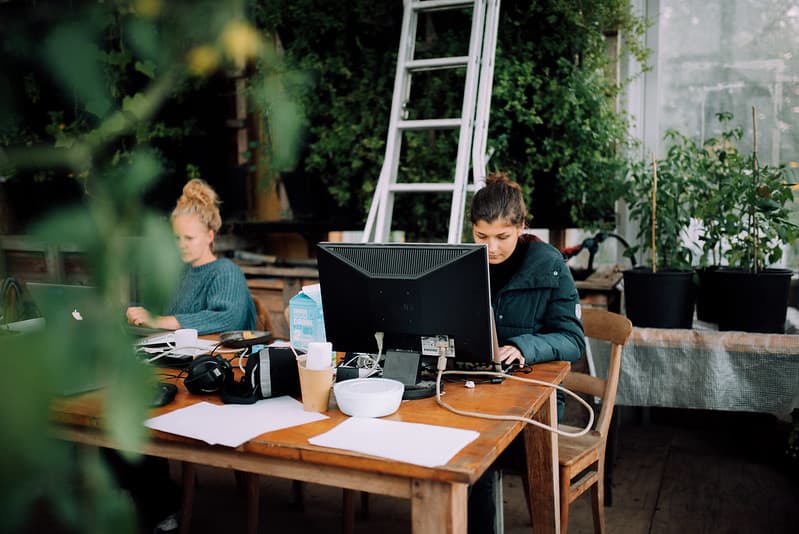At this Freedom Meal, we will discover stories and dishes that show resourcefulness in scarcity. Artists Veniamin Kazachenko and Vladlena Sandu, in collaboration with historian Julia van der Krieke, present an experience for the Freedom Meal on 5 May 2025 at Waag Futurelab. This event combines wartime-inspired recipes in the meal, with stories and film screenings by Vladlena Sandu. In doing so, we explore themes of resilience, creativity and freedom.
The event is based on people's personal stories, including Vladlena's war memories from Chechnya, where her grandmother turned old bread crumbs and pickle juice into nutritious flatbread. This improvisation resonates with the of the folk tale ‘Bijlpap’, which symbolises resourcefulness in times of scarcity.
Visitors are presented with a vegetarian menu of dishes shaped by personal stories and historical research, reflecting the role of food in surviving periods of hardship. Each dish evokes the reality of cooking with ‘nothing’ while celebrating human adaptability and creativity under extreme conditions.
The artists aim to offer you a ‘total experience’, taking you into their shared stories of resilience and freedom. Before we sit down, two films by Vladlena Sandu will be shown: Holy God, and No Nation Without Culture, about the regime and war in Chechnya. The Q&A with Vladlena on her films will be hosted by Hava Masaeva, a Chechen film- scholar and programmer from Belgium.
Alongside this, we will show work by Veniamin Kazachenko that also deals with the theme of war and (un)freedom. Together, we will engage with this combination of film, food, storytelling and visual art and invite you to reflect on the connections between food, freedom and survival.
Programme
| 18:00 - 18:15 uur | Welcome and introduction |
| 18:15 - 18:45 uur | Film screening |
| 18:45 - 19:30 uur | Q&A Vladlena Sandu |
| 19:30 - 21:00 uur | Freedom meal |
Using food as a starter for dialogue and remembrance, we invite you to reflect on the connections between history, freedom and survival.
The menu is entirely vegetarian and served with some non-alcoholic drinks included.
About the artists
Vladlena Sandu (Crimea, Ukraine, 1982) is a filmmaker and theatre director. She grew up in Grozny and survived the Chechen war before being expelled to mainland Russia in 1998. She graduated from the Gerasmov Institute in film directing. Her films explore war, memory and oppression. Holy God (2017) was censored in Russia but screened internationally. Eight Images from the Life of Nastya Sokolova (2018) won the Silver Eye Award. No Nation Without Culture (2023) won Best Short at GoEast IFF. Her autobiographical play The Rainbow Cinema won Best Amsterdam Fringe 2023. Now living in Amsterdam, she continues to work on themes of war, resistance and memory
Veniamin Kazachenko (Moscow, Soviet Union, 1982) studied visual arts at the Royal Academy of Arts (2009) and the Sandberg Institute (2014). In his paintings and performances, Veniamin transforms the darker sides of society into anecdotal, absurdist messages that offer room for wonder and discussion. In recent years, he has been working on thematic dinners under the name Axe and Porridge, for which he collaborates with other artists and experts.
Julia van der Krieke (Nassau, Bahamas, 1988) is an archaeologist and historian, specialising in Jewish history. As a postdoctoral researcher at the University of Amsterdam she is involved as project leader in the project The Jewish City (De Joodse stad), a collaboration between the University of Amsterdam, the City of Amsterdam and the Jewish Cultural Quarter. The project focuses on increasing the visibility of Amsterdam's Jewish history through art projects, events and a podcast series (De Joodse stad).
This event is organised with the support of:




